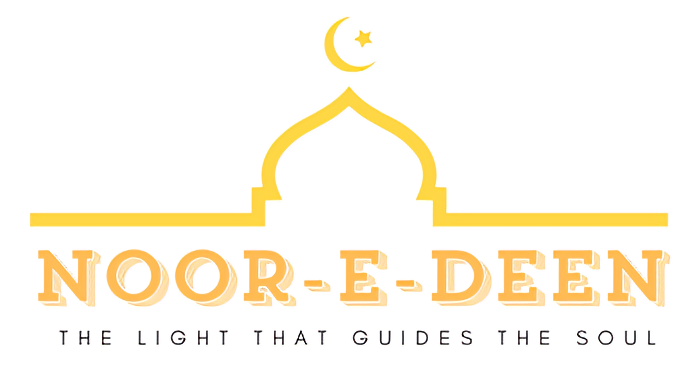Bakrid, also known as Eid al-Adha (عيد الأضحى), is one of the two major Islamic festivals, the other being Eid al-Fitr. It is celebrated by Muslims all over the world to commemorate the obedience and devotion of Prophet Ibrahim (Abraham, peace be upon him) to Allah. This festival is a reminder of the importance of sacrifice, submission, and faith in Allah.
Prophet Ibrahim (A.S) was tested by Allah in various ways, but one of the greatest tests was when he was commanded in a dream to sacrifice his beloved son, Ismail (A.S.).
Even though it was a tremendous trial, both father and son showed unwavering faith and submission to Allah’s command.
When Ibrahim (A.S.) was about to carry out the command, Allah intervened and replaced Ismail (A.S.) with a ram, symbolizing that it was a test of obedience, not about taking life.
“Then, when he (Ismail) reached the age to work with him, he (Ibrahim) said, ‘O my son! I have seen in a dream that I must sacrifice you. So what do you think?’ He said, ‘O my father! Do as you are commanded. You will find me, if Allah wills, of the steadfast.'”
— [Surah As-Saffat 37:102]
“Then when they had both submitted and he had laid him down upon his forehead, We called to him, ‘O Ibrahim! You have fulfilled the vision.’ Indeed, We thus reward the doers of good. Indeed, this was a clear trial. And We ransomed him with a great sacrifice.”
— [Surah As-Saffat 37:103–107]
📌 These verses highlight the faith and obedience of both Prophet Ibrahim and his son Ismail, and how Allah replaced the son with a ram as a symbol of sacrifice.
The Prophet Muhammad (ﷺ) said:
“It is the Sunnah of your father Ibrahim. For every hair of the Qurbani (sacrifice) you receive a reward from Allah.”
This shows that the act of sacrifice during Eid al-Adha is a revival of the Sunnah (tradition) of Prophet Ibrahim.
The Messenger of Allah (ﷺ) said:
“There is nothing dearer to Allah during the days of sacrifice than the sacrificing of animals. The sacrificed animal shall come on the Day of Judgment with its horns, hair, and hooves. The sacrifice is accepted by Allah before the blood reaches the ground. So sacrifice with a happy heart.”
📌 This hadith emphasizes the spiritual reward and acceptance of the act by Allah.
- Commemorate Ibrahim’s Obedience to Allah.
- Demonstrate Submission to Allah’s will.
- Promote Charity & Brotherhood – A portion of the meat is given to the poor.
- Strengthen Community Bonds – By sharing meals and attending prayers.
- The animal must be healthy (goat, sheep, cow, camel).
- It should be of eligible age (e.g., 1 year for sheep/goat, 2 years for cows).
- The meat should be divided into 3 parts:
- One-third for the family
- One-third for relatives and friends
- One-third for the poor and needy
It is celebrated on the 10th day of Dhul Hijjah, the last month of the Islamic calendar, during the days of Hajj pilgrimage.
| Aspect | Detail |
|---|---|
| Festival | Bakrid / Eid al-Adha |
| Origin | Prophet Ibrahim’s sacrifice |
| Quran Ayat | Surah As-Saffat 37:102–107 |
| Hadith | Sahih Muslim 1966, Sahih Bukhari 5558 |
| Purpose | Obedience, faith, charity, sacrifice |
| Ritual | Animal sacrifice (Qurbani), Eid prayer, charity |
